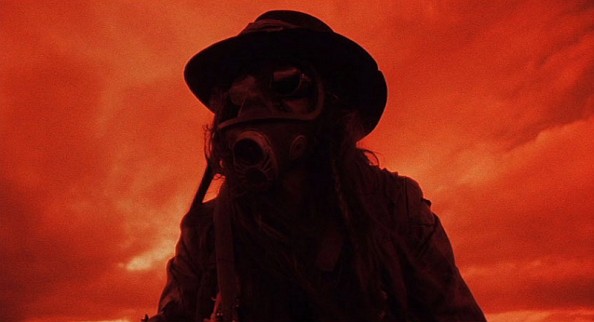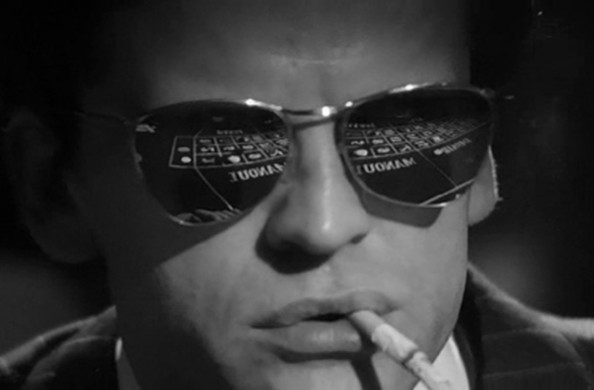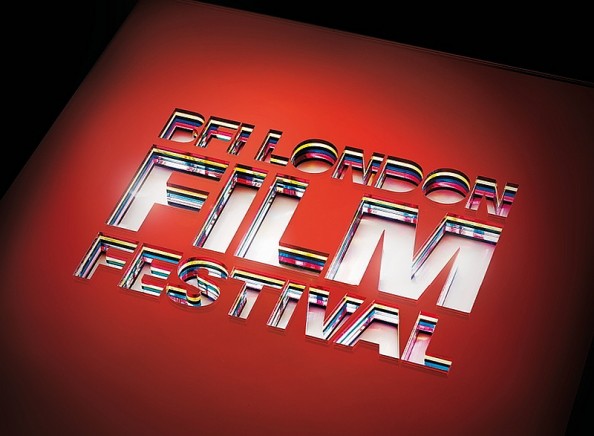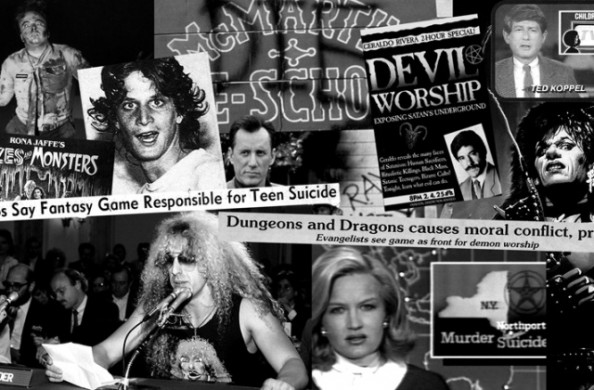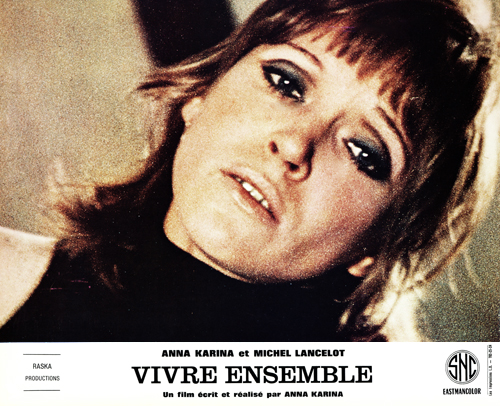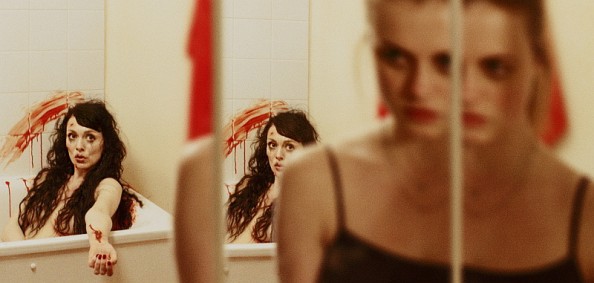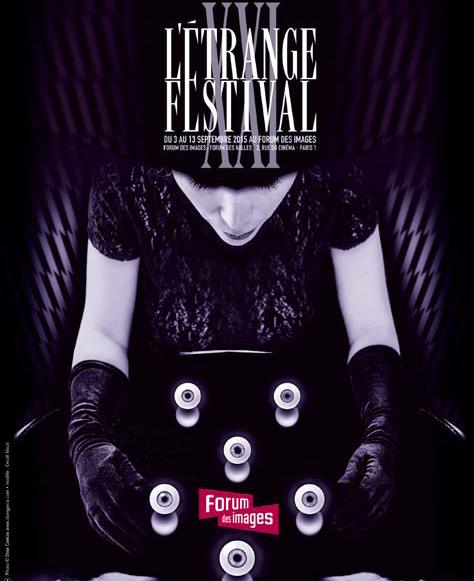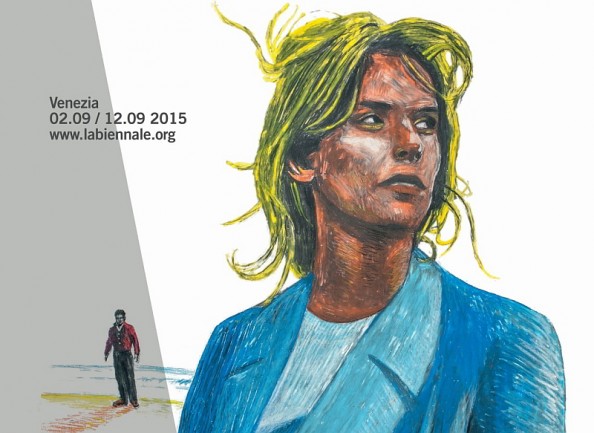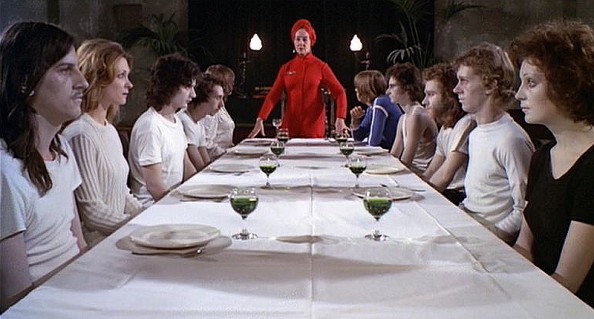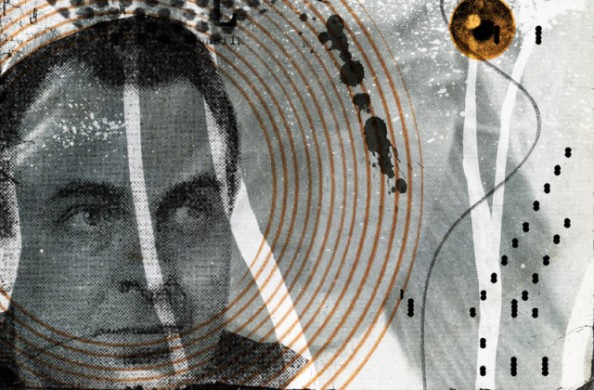
Miskatonic Institute of Horror Studies – London
Instructors: Jonathan Rigby, Kim Newman, Stephen Volk
Date: 10 December 2015
Time: 7-10pm
Venue: Horse Hospital
Address: Colonnade, Bloomsbury, London WC1N 1JD
Prices: £10 advance / £8 concs / £11 on the door
Miskatonic website
For the final lecture of the autumn semester The Mikskatonic Institute of Horror Studies – London is proud to present a very special event and a unique celebration of the work of pioneering British screenwriter Nigel Kneale. This event marks the launch of WE ARE THE MARTIANS, a new book of essays about Kneale published by Spectral Press.
A rehearsed reading of Kneale’s lost drama THE ROAD (featuring Jonathan Rigby and others), will be followed by an in-depth discussion of Kneale’s work and influence by some of the book’s authors, including screenwriter Stephen Volk (GHOST WATCH, AFTERLIFE, THE AWAKENING), author and critic Kim Newman (ANNO DRACULA, NIGHTMARE MOVIES), editor Neil Snowdon and others to be confirmed.
In 1950 Thomas Nigel Kneale won the Somerset Maugham Award for his prose collection TOMATO CAIN & OTHER STORIES. In 1953 he changed the face of British Television with THE QUATERMASS EXPERIMENT. Public houses across the country emptied as each installment of this thrilling new story went out live to the nation. Never before had a television drama become a national event, and few enough have had such an impact since.
His adaptation of NINETEEN EIGHTY FOUR would raise questions in Parliament, such was its power, while original dramas like THE YEAR OF THE SEX OLYMPICS accurately predicted, and indicted, the sensationalism of ‘Reality TV’ and the passivity of the society that produced it.
In the years that followed, QUATERMASS & THE PIT, THE STONE TAPE, MURRAIN, BEASTS, THE WOMAN IN BLACK and more would influence successive generations of authors, filmmakers and screenwriters, from Russell T. Davies to The League of Gentlemen, John Carpenter to Stephen King, Chris Carter, Peter Strickland, Ramsey Campbell, China Mieville and more…
Jacques Derrida may have coined the term, but it is Kneale – in his style, themes, and the unique tone of his work – who provides a touchstone for the Hauntological movement which has pervaded our culture in recent years.
About the Miskatonic Institute:
Named for the fictional university in H.P. Lovecraft’s literary mythos, The Miskatonic Institute of Horror Studies is a non-profit, community-based organization that started in Canada, founded by Kier-La Janisse in March of 2010. The school currently has branches in Montreal and London, with Miskatonic London operating under the co-direction of Kier-La Janisse and Electric Sheep Founder/Editor Virginie Sélavy.
All classes take place at the historic Horse Hospital, the heart of the city’s underground culture. Individual class tickets are £10 advance / £11 on the door / £8 concessions and will be available 30 days in advance of each class.
The next course dates of the autumn semester are 12 November and 10 December. For the full details of the course please check the Miskatonic website. For all enquiries, please email Miskatonic.london[at]gmail.com.

